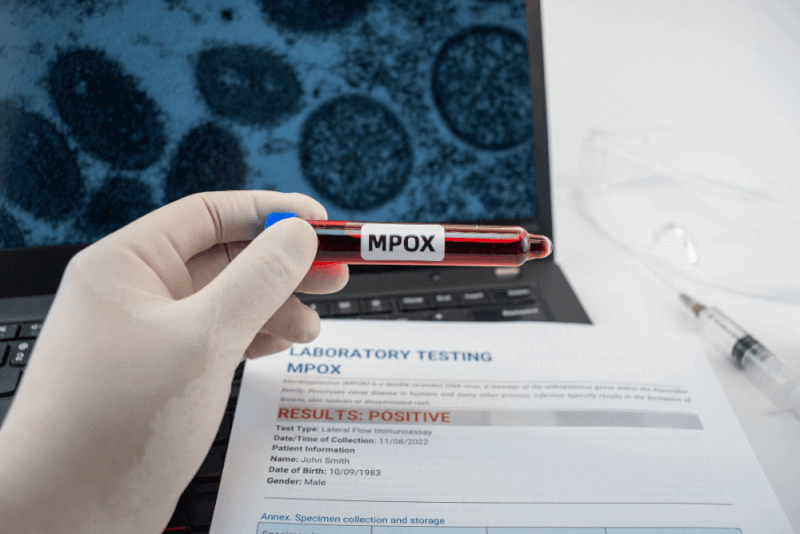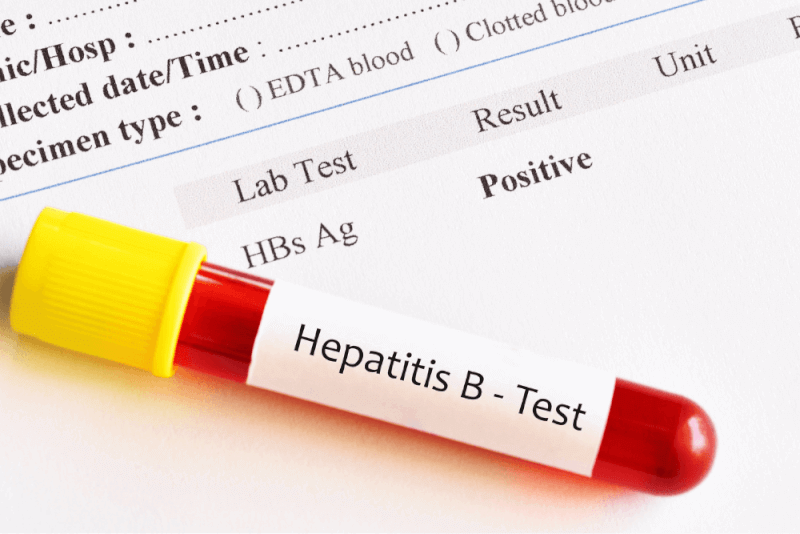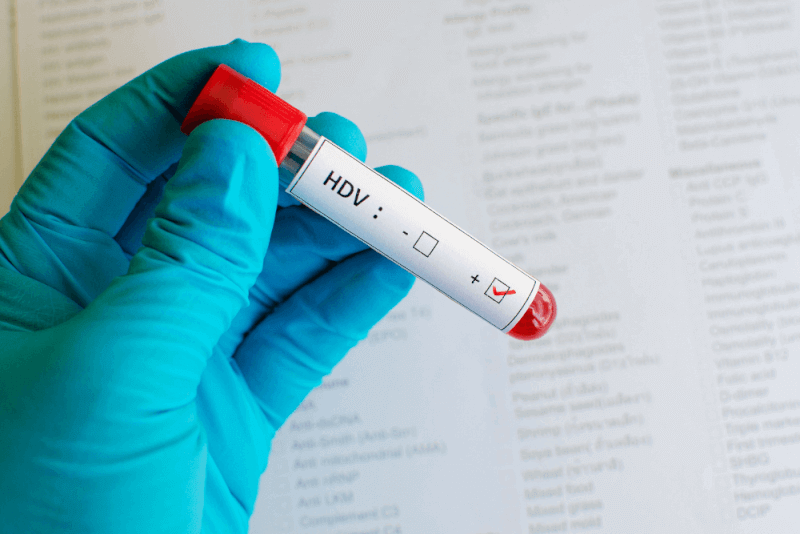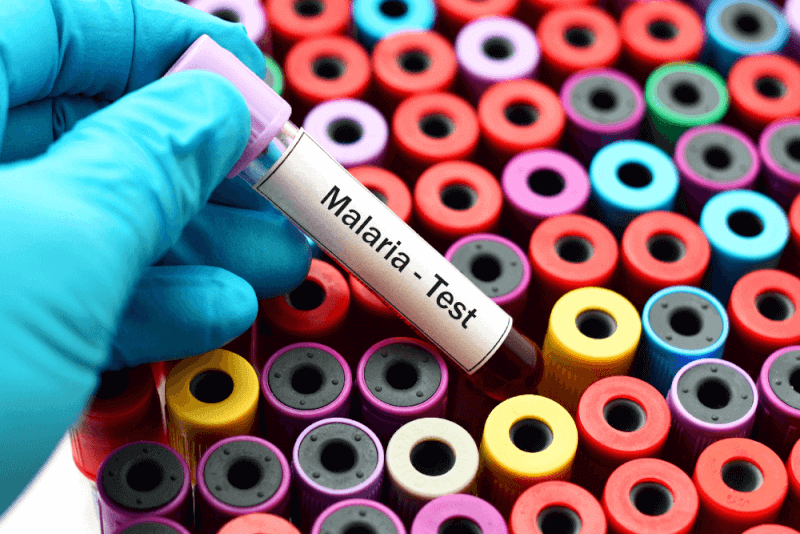What is the Mpox Virus (Monkeypox)?
The Mpox virus, formerly known as monkeypox, causes symptoms similar to smallpox. While this disease is primarily seen in certain regions of Africa, it is rare in other parts of the world. Mpox virus can cause flu-like symptoms such as fever and chills, along with a rash that may last for weeks.
There are two types of Mpox virus. The first is Clade 1, found in Central Africa, while the other is Clade 2, found in West Africa. The Mpox outbreak seen globally in 2022 and 2023 was caused by a subvariant of Clade 2, known as Clade 2B.
Causes of Mpox Virus
Mpox is caused by a virus in the orthopoxvirus family. This virus typically affects children under 15 years old but is more commonly seen among gay men outside Africa. However, it can also occur in other adults.
Symptoms of Mpox Virus
Symptoms of Mpox typically begin to appear a few days or weeks after exposure to the virus. Common symptoms include:
- Fever
- Rash
- Chills
- Swollen lymph nodes
- Headache
- Muscle aches
- Fatigue
Not all patients with Mpox virus experience all these symptoms. There are different ways these symptoms can manifest:
- Some may only experience a rash or other symptoms later on.
- Some may first have flu-like symptoms followed by a rash. Some may not show any symptoms at all, or the rash may be limited to a few spots.
Characteristics of the Rash in Mpox Virus
The rash caused by the Mpox virus starts as flat and red, which can be painful. Over time, the rash swells with pus and eventually crusts over before falling off. The rash can last for 2-4 weeks. Common areas where the rash appears include the hands, feet, face, anus, vagina, and penis.
Diagnosis Criteria for Mpox Virus
Due to the rarity of Mpox and the similarity of its rash to measles and chickenpox, it can be misdiagnosed initially. However, swollen lymph nodes are a key symptom that distinguishes Mpox from chickenpox.
To accurately diagnose Mpox, a skin sample from an open sore is tested. A blood test may also be conducted to detect antibodies produced by the immune system in response to the Mpox virus.
Treatment Methods for Mpox Virus
Mpox is typically a self-limiting disease that resolves on its own, usually within 2 to 4 weeks. Once diagnosed, treatments can be applied to reduce the severity of symptoms. Antibiotics may be used to prevent dehydration and secondary bacterial infections.
There are currently no approved antiviral drugs specifically for the treatment of Mpox. However, in severe cases, antiviral medications like cidofovir or tecovirimat may be used. These drugs are approved for treating other viral diseases, such as chickenpox.
Mpox Virus and Transmission
Mpox primarily spreads through close contact with an infected animal or person. Human-to-human transmission occurs when lesions or scabs come into contact, as well as through respiratory droplets or oral fluids.
Thus, the virus requires close contact, such as hugging, kissing, or sexual activity, to spread from person to person. While research on transmission methods is ongoing, it is unclear whether the virus can be transmitted through semen or vaginal fluids.
Transmission from animals to humans can occur through bites, scratches, or direct contact with the blood, body fluids, or lesions of an infected animal.
Additionally, using bedding or clothing recently used by an infected person or animal can also spread the disease.
Prevention of Mpox Virus
Vaccination is recommended for individuals at high risk of contracting Mpox. The risk increases in the following situations:
- Close contact with a person infected with Mpox
- Having sexual contact with someone who has Mpox in the past two weeks
- Engaging in sexual activity in commercial sex venues within the last six months
- Having sexual contact at an event or location where Mpox is spreading
Additionally, transgender, gay, or sexually active individuals may be at risk in the following cases:
- Being diagnosed with one or more sexually transmitted infections in the last six months
- Having multiple sexual partners in the last six months
Getting vaccinated as soon as possible before or after exposure to the Mpox virus is crucial.
Other preventive measures to avoid contracting Mpox include:
- Avoiding contact with infected animals
- Avoiding contact with contaminated bedding and other materials
- Thoroughly cooking all foods containing animal meat or parts
- Frequent handwashing with soap
- Avoiding contact with individuals who may be infected with the virus
- Practicing safe sex
- Wearing a mask to cover your mouth and nose when around others
- Cleaning and disinfecting frequently touched surfaces
- Using protective equipment when caring for infected individuals
Is Mpox Virus Fatal?
Death from Mpox virus is rare. However, in some cases, it can lead to life-threatening complications such as pneumonia, encephalitis, and eye infections.








